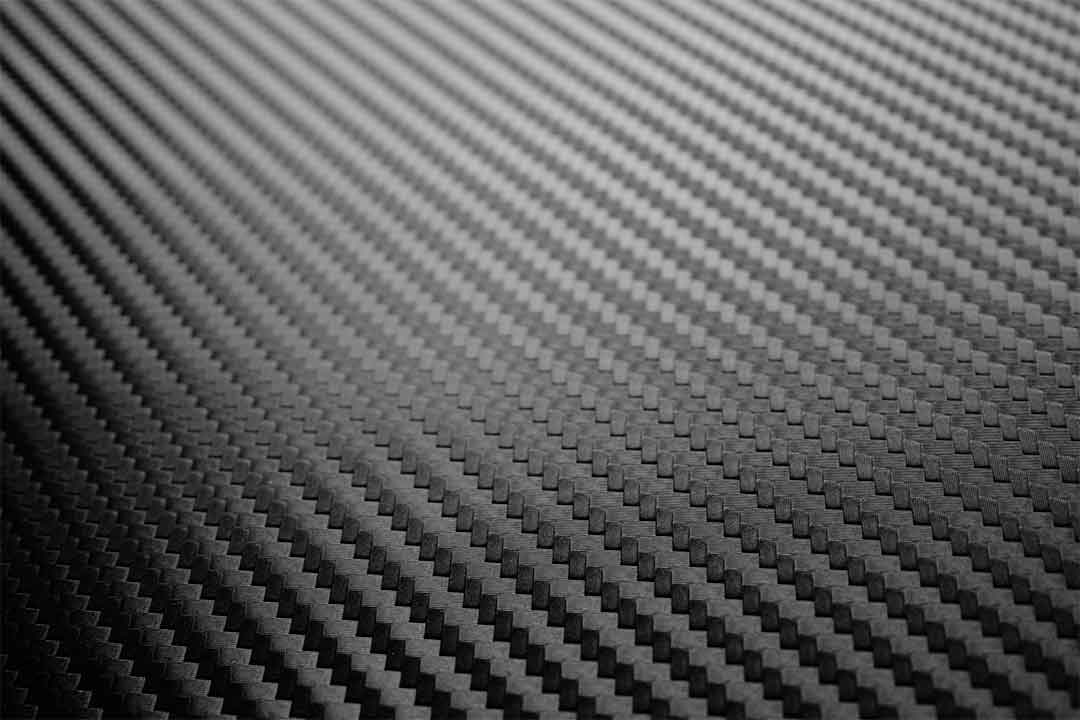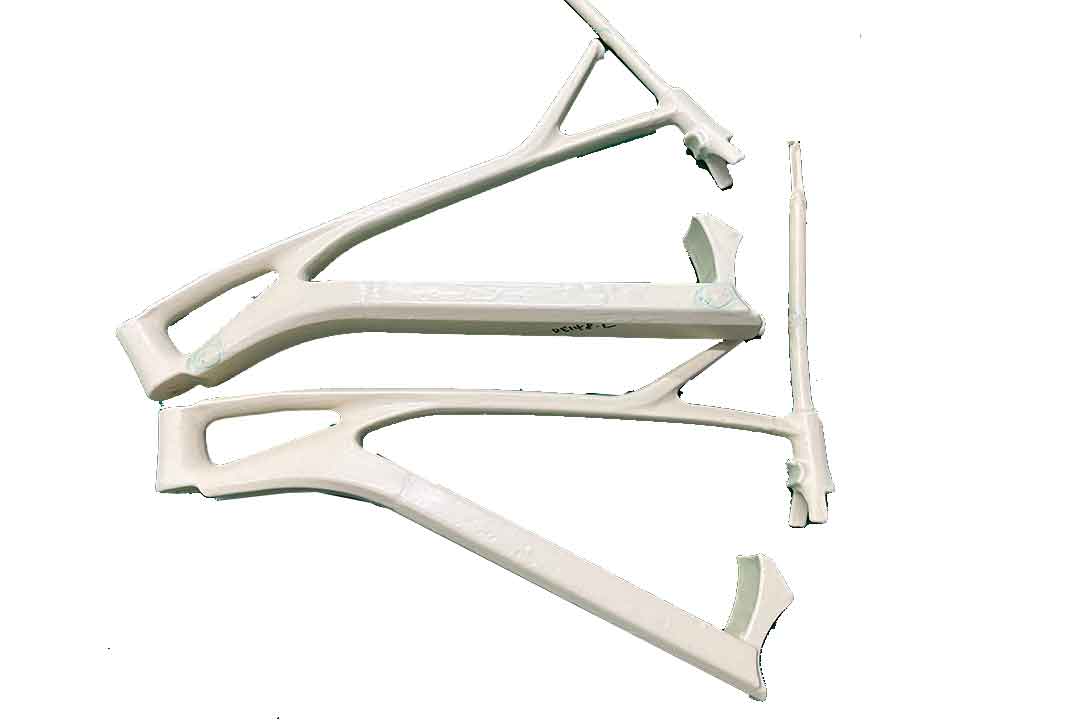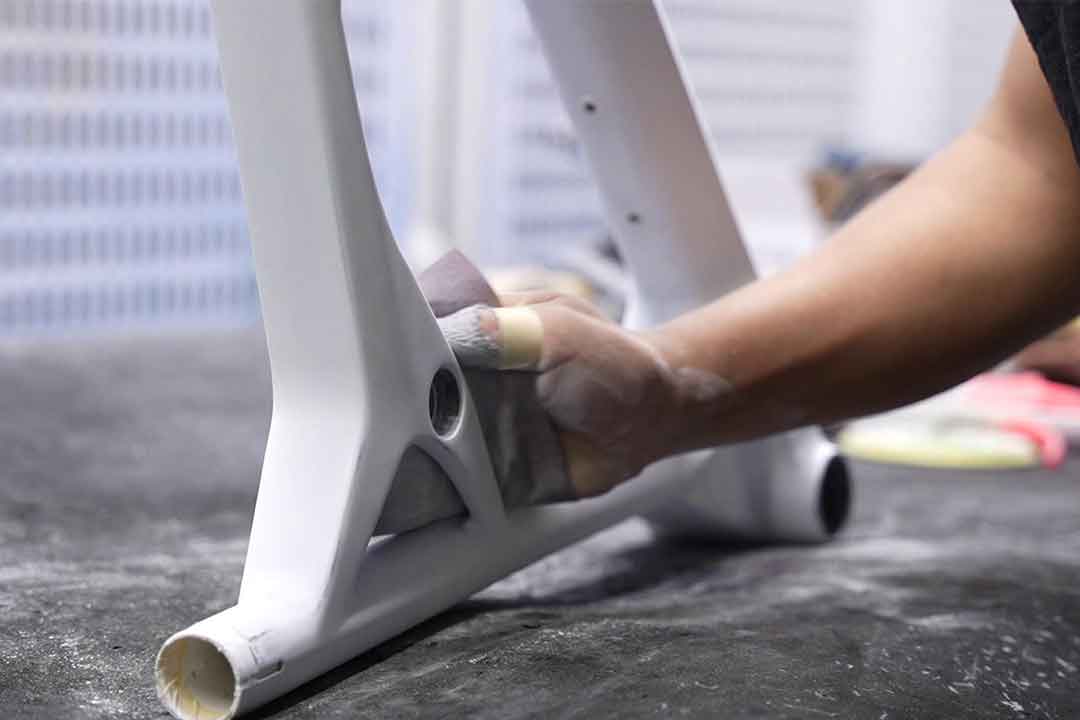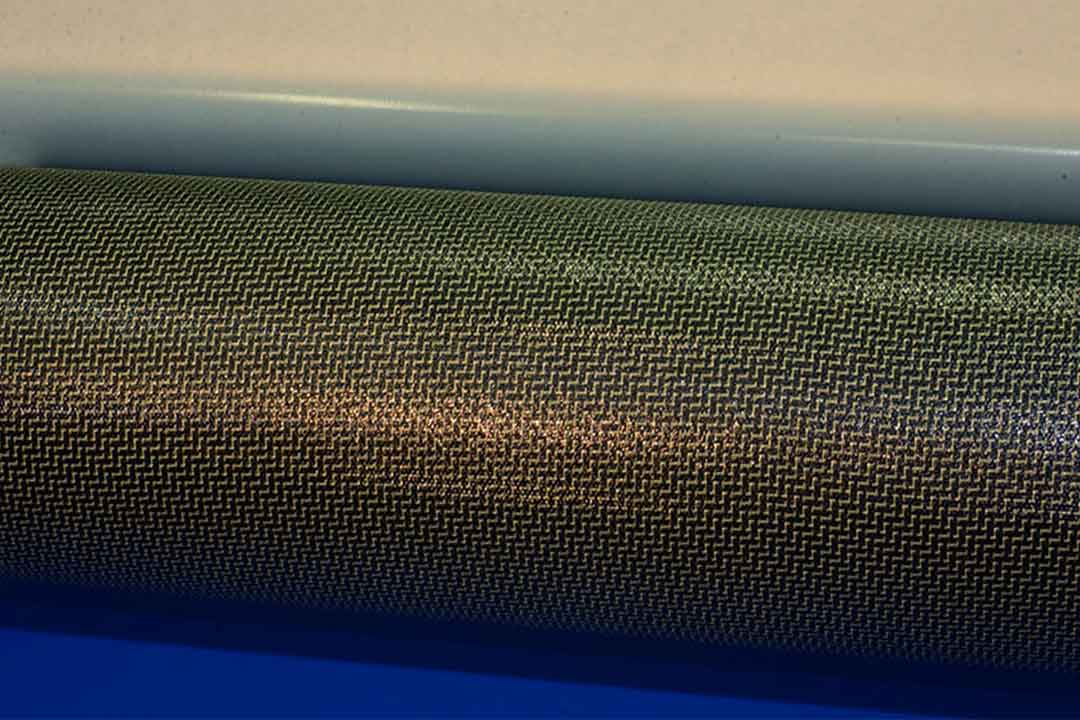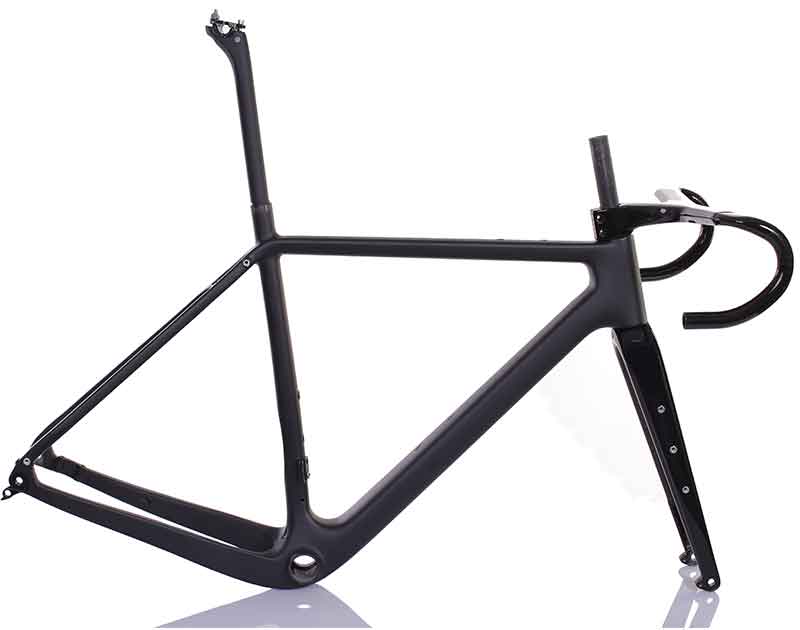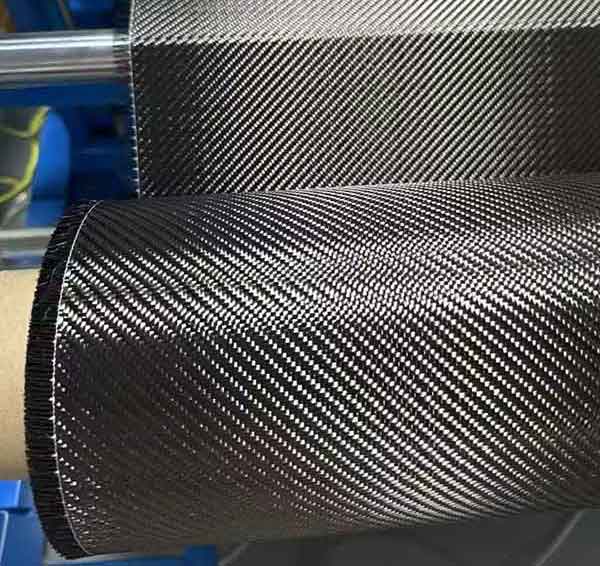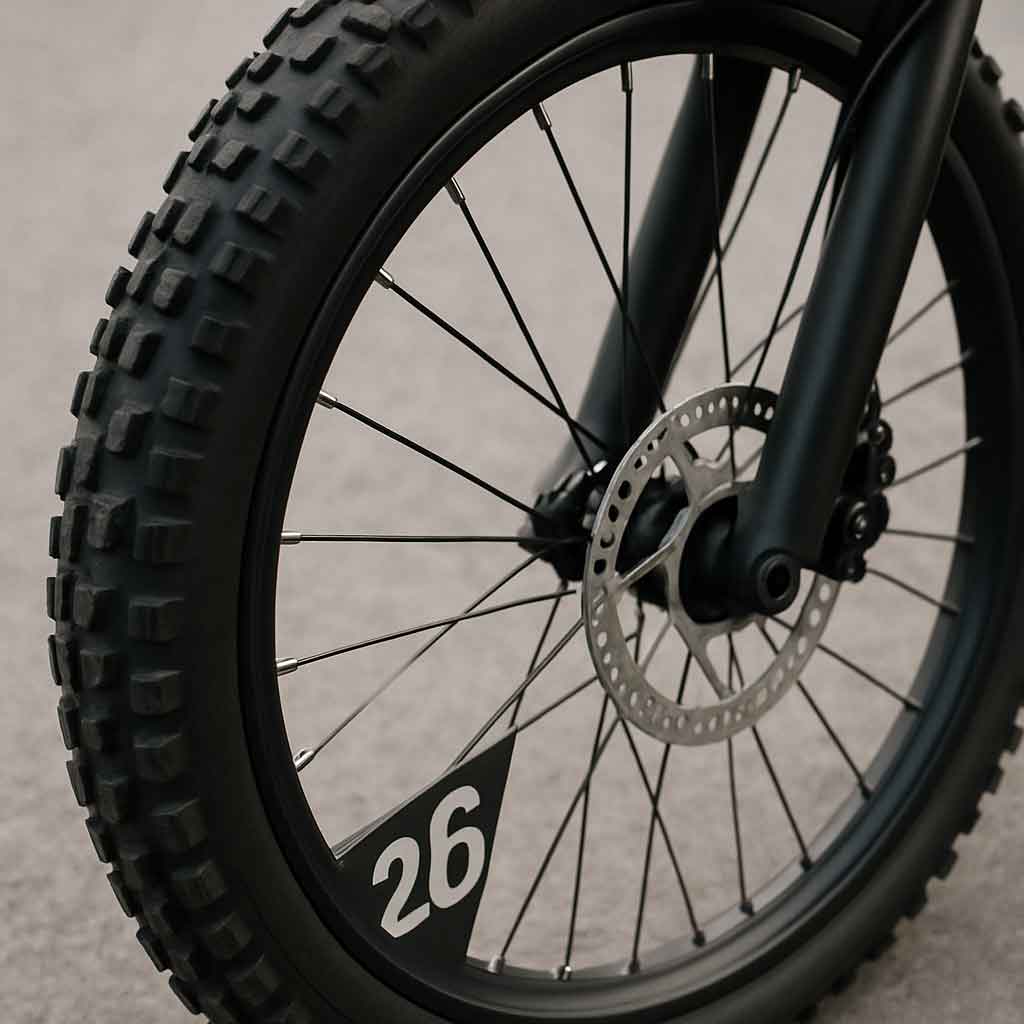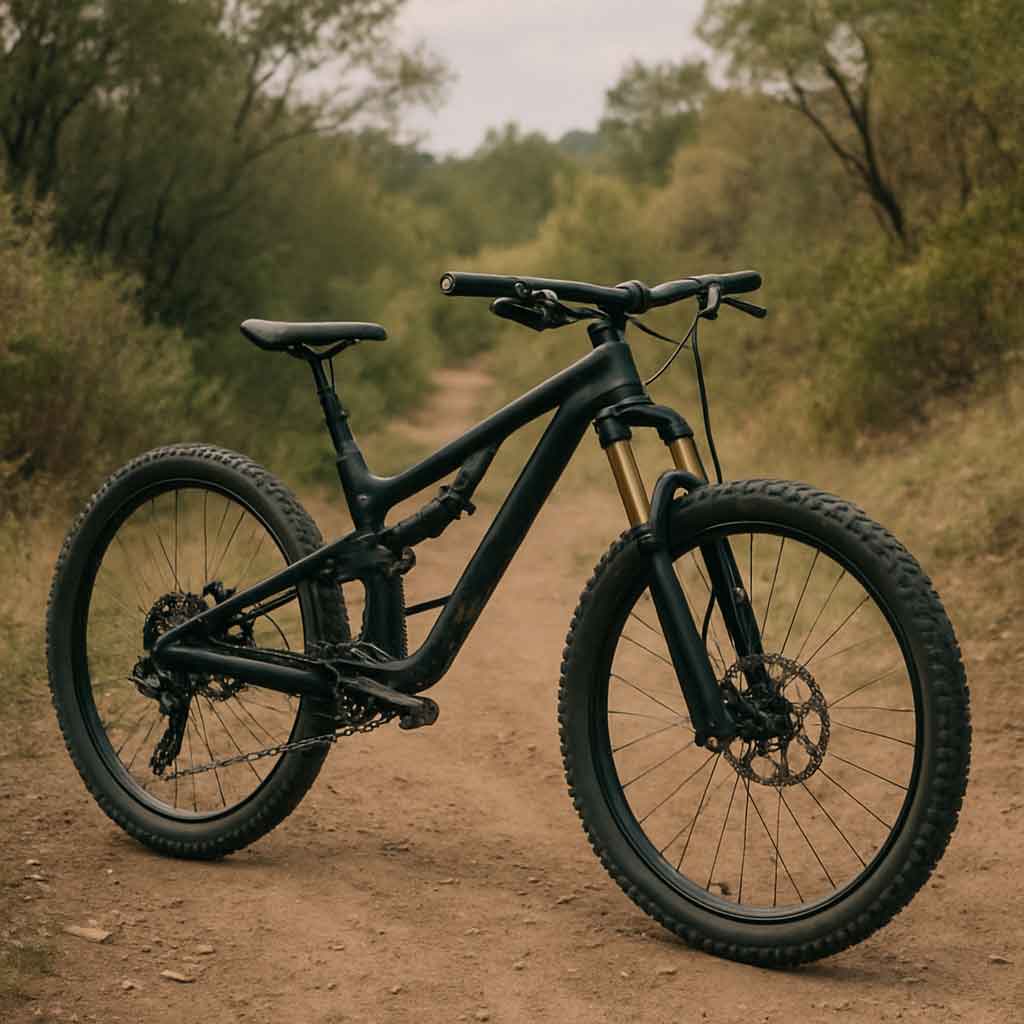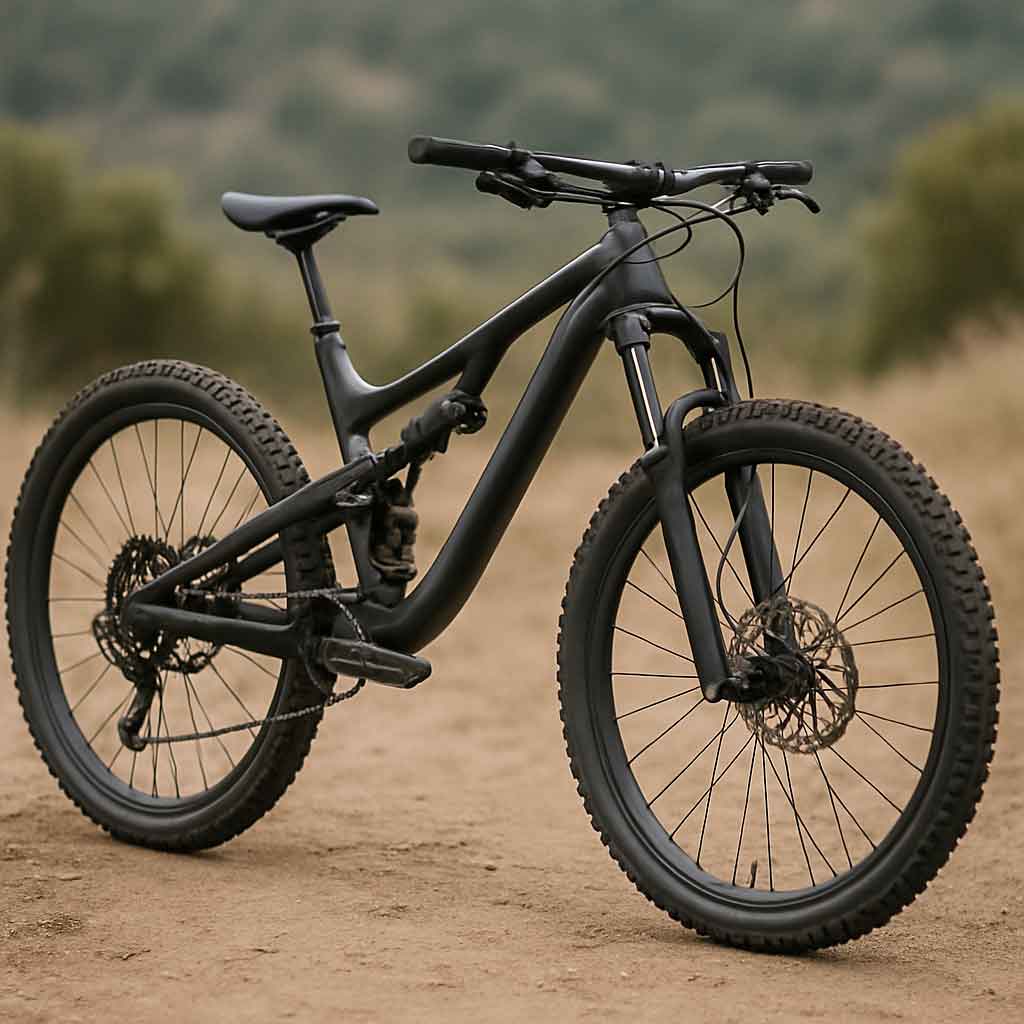Welcome to Mondince Bike - A well-known factory specialized in produce carbon bike frame and other parts since 2007.
Choosing the Right Ebike Frame Material
When selecting an electric bike, one of the most critical decisions you'll face is choosing the right frame material. The frame is the backbone of your ebike, affecting its weight, durability, ride quality, and price. With various materials available, each with its own set of advantages and disadvantages, it's essential to understand the differences to make an informed decision.
In this guide, we'll dive into the most common ebike frame materials, helping you pick the best one for your needs.
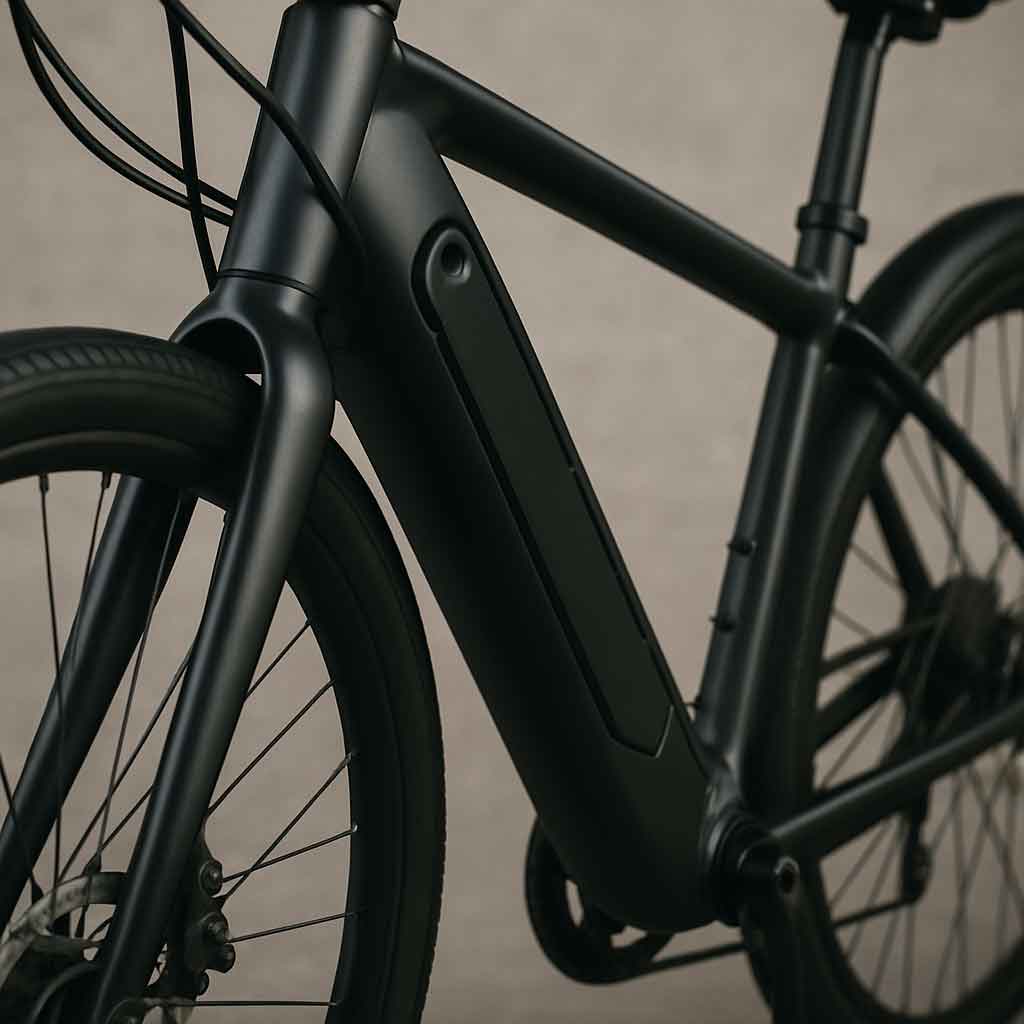
Aluminum: The Popular Choice
Aluminum is the most widely used material for ebike frames, and for good reason. It's lightweight, affordable, and offers a good balance between strength and performance. If you're just getting into the world of electric bikes or are looking for a reliable and cost-effective option, an aluminum ebike frame might be the perfect choice for you.
Advantages of Aluminum Frames
- Lightweight: Aluminum frames are lighter than steel, making them easier to handle and more efficient to pedal when the battery runs low.
- Corrosion Resistant: Unlike steel, aluminum doesn't rust, ensuring your frame remains in good condition even if exposed to the elements.
- Affordable: Generally, aluminum frames are less expensive than other materials, making them an excellent option for budget-conscious riders.
Disadvantages of Aluminum Frames
- Stiff Ride: While aluminum is strong, it doesn't absorb shocks as well as other materials, which can result in a harsher ride on rough terrain.
- Fatigue: Over time, aluminum can develop tiny cracks under stress, potentially leading to failure if not properly maintained.
Steel: The Classic Option
Steel has been used in bike frames for decades and remains a favorite among many cycling enthusiasts. Known for its strength and durability, steel ebike frames are built to last, offering a smooth and comfortable ride.
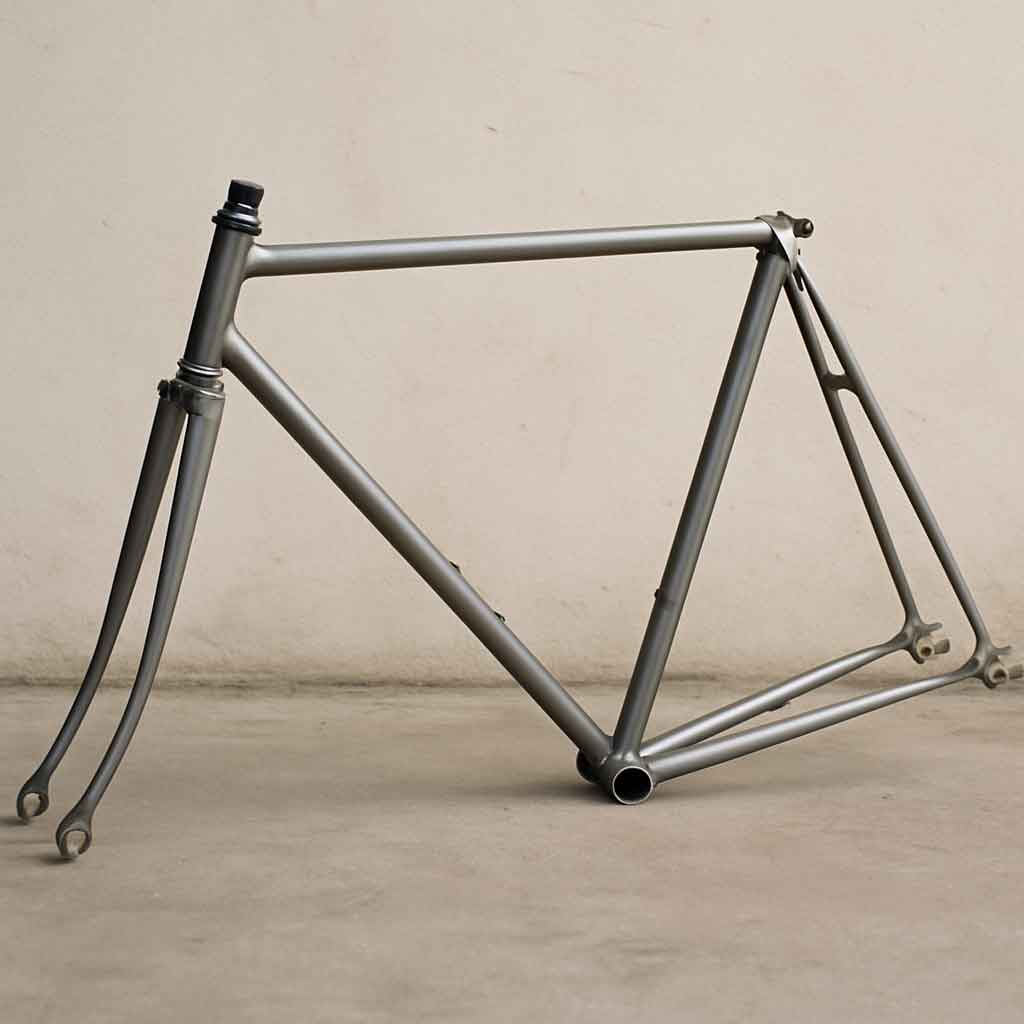
Advantages of Steel Frames
- Durability: Steel is incredibly strong, making it an excellent choice for ebike frames that can withstand heavy use and challenging conditions.
- Comfortable Ride: Steel's natural flexibility allows it to absorb road vibrations better than aluminum, providing a smoother and more comfortable ride.
- Easy to Repair: If a steel frame gets damaged, it's often easier to repair than other materials, extending its lifespan.
Disadvantages of Steel Frames
- Heavier: Steel frames are typically heavier than aluminum or carbon, which can make the bike more challenging to maneuver.
- Corrosion: Unlike aluminum, steel is susceptible to rust if not properly cared for, requiring regular maintenance to ensure longevity.
Carbon Fiber: The High-Performance Choice
For those seeking top-tier performance and willing to invest in a premium option, carbon fiber frames offer unmatched benefits. Known for their lightweight and strength, carbon fiber ebike frames are popular among serious riders looking to maximize their bike's potential.
Advantages of Carbon Fiber Frames
- Ultra-Lightweight: Carbon fiber is the lightest material available for ebike frames, making it ideal for riders who prioritize speed and agility.
- Strength: Despite its lightweight nature, carbon fiber is incredibly strong, providing a solid and reliable ride.
- Vibration Damping: Carbon fiber's unique properties allow it to absorb shocks and vibrations effectively, resulting in a smoother ride over varied terrain.
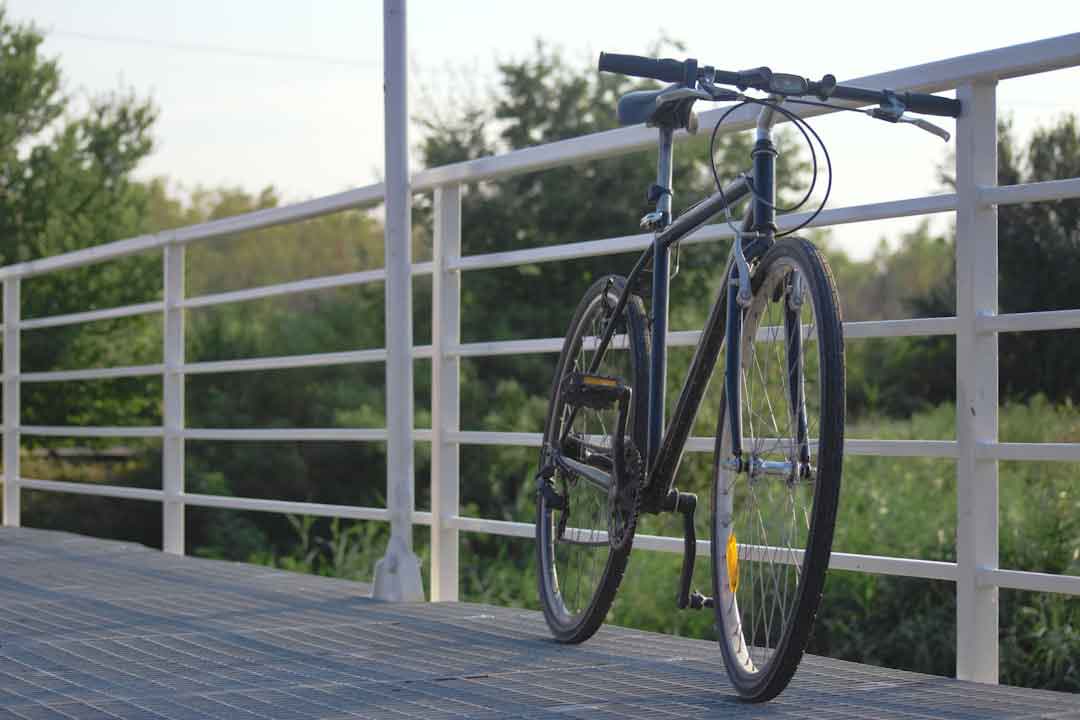
by Dave LZ (https://unsplash.com/@davelz03)
Disadvantages of Carbon Fiber Frames
- Cost: Carbon fiber frames are significantly more expensive than other materials, which may not be feasible for all budgets.
- Fragility: While strong, carbon fiber can be more susceptible to damage from sharp impacts, and repairs can be costly and challenging.
Titanium: The Premium Alternative
Titanium frames are less common but offer a unique blend of characteristics that appeal to a niche market. Known for their durability, lightweight properties, and resistance to corrosion, titanium frames are considered a long-term investment for dedicated riders.
Advantages of Titanium Frames
- Lightweight: Similar to aluminum, titanium provides a lightweight option that is easy to handle.
- Durability: Titanium is incredibly tough and resistant to fatigue, making it a long-lasting choice.
- Corrosion Resistant: Like aluminum, titanium doesn't rust, ensuring your frame stays in great condition over time.
Disadvantages of Titanium Frames
- Expensive: The cost of titanium frames is on par with carbon fiber, making them a premium option that may not suit all budgets.
- Limited Availability: Titanium frames are less common, and finding a suitable model may require more effort and research.
Making Your Decision
Choosing the right ebike frame material depends on your specific needs, budget, and riding style. Here's a quick summary to help guide your decision:
- Aluminum: Best for budget-conscious riders seeking a lightweight and corrosion-resistant frame.
- Steel: Ideal for those valuing durability and comfort in their rides.
- Carbon Fiber: Perfect for performance-focused riders willing to invest in the lightest and strongest frame.
- Titanium: Suited for those seeking a long-term investment with a balance of lightness and durability.
Conclusion
In conclusion, the choice of an ebike frame material is crucial to your overall riding experience. By understanding the properties and benefits of each material, you can select a frame that aligns with your riding goals and preferences. Whether you prioritize weight, durability, or cost, there's a frame material that will meet your needs and enhance your electric biking adventures.
Remember to consider how you plan to use your ebike, your budget, and the terrain you'll be riding on most frequently. With the right frame, your ebike will serve you well for many miles to come.


